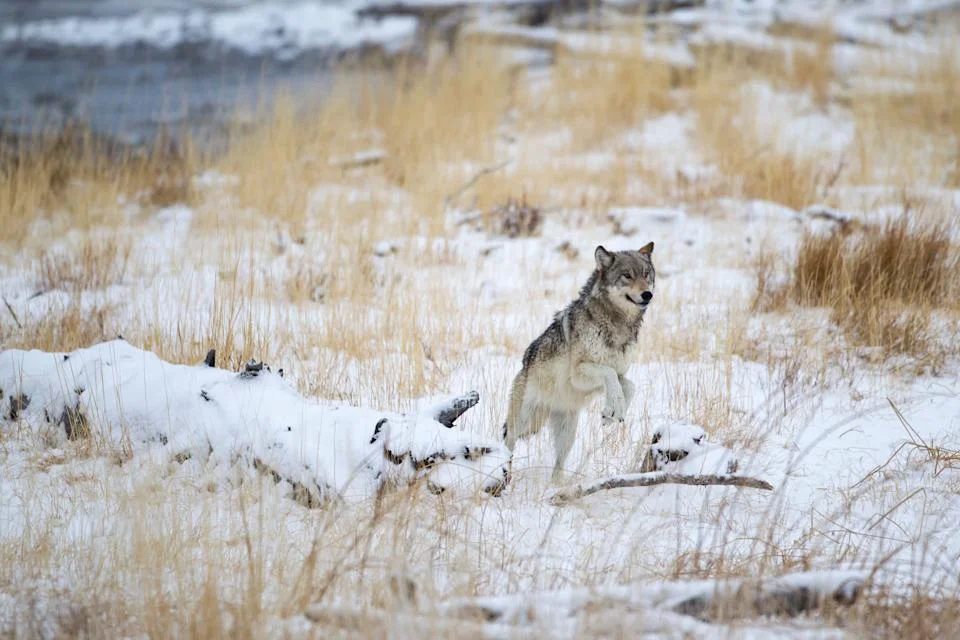
Endangered Gray Wolf Murder Sparks Outrage And $30,000 Reward
In a tragic incident that has raised alarm among wildlife enthusiasts and conservationists, the body of an endangered gray wolf was discovered in a remote wilderness area of Deschutes County, Oregon. This event has sparked a call to action from multiple organizations, who are collectively offering a reward of $30,500 for information leading to the identification of the individual responsible for this illegal act.
According to a report by The Bradenton Herald, the deceased wolf was found on March 10. The immediate reaction from wildlife officials highlights the severity of the situation, particularly since gray wolves are federally protected under the Endangered Species Act. Local and national agencies are stepping up efforts to address this menace, with the Center for Biological Diversity and the Wolf Welcome Committee contributing $10,500 each, alongside a significant pledge from the U.S. Fish & Wildlife Service.
Amaroq Weiss, the senior wolf advocate at the Center for Biological Diversity, emphasized the gravity of the consequences resulting from poaching. “Any illegal killing of these magnificent animals is tragic, but the poaching of the Metolius pack's breeding male may have consigned the pack's pups to death by starvation or the pack to dissolve,” Weiss stated. This poignant comment encapsulates the ripple effect that such actions have on the delicate balance of the ecosystem.
Wolves, particularly in ecosystems such as Yellowstone National Park, play a crucial role in maintaining ecological balance. Their presence regulates the populations of herbivores like elk, which in turn protects the local vegetation from overgrazing. Studies have shown that reintroducing wolves in Yellowstone in 1995 led to the resurgence of various plant species, aiding not just flora but also the fauna that depend on that vegetation for survival.
Beyond ecological implications, the loss of a single gray wolf’s life can have profound effects on local wildlife communities. Carcasses left by wolves serve as vital food sources for a variety of scavengers including raccoons and vultures, which contribute to the overall biodiversity of the area. Thus, the death of one can mean a chain reaction threatening numerous other species.
With the ongoing threats wolves face, it is heartening to observe the mobilization of advocates and wildlife officials seeking justice for this heinous act. Agencies are calling upon the public for assistance. Those with information on the case are encouraged to contact the Oregon State Police or the U.S. Fish & Wildlife Service.
The urgency to protect these magnificent creatures cannot be overstated. As a community, we must rally to ensure their survival and continue to support the organizations that strive to protect them. Share your thoughts and let us know how you believe we can further help in the fight against wildlife crime.